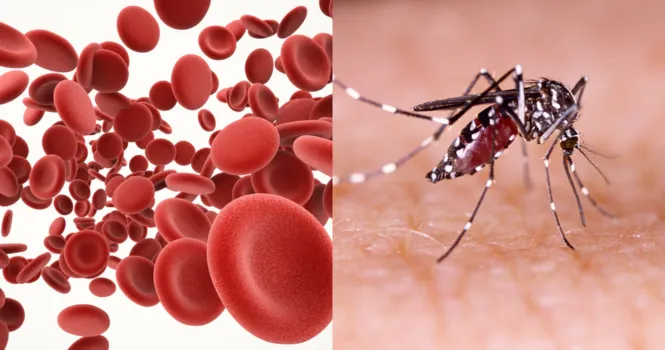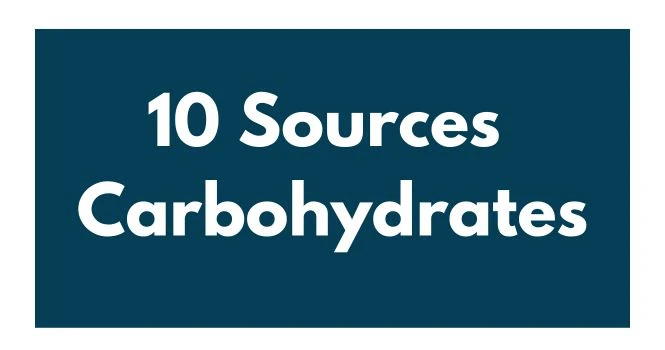Even though there are many dietary strategies for weight loss and yet no single dietary strategy is uniformly superior to others in terms of weight loss and maintenance for the general population.
Personalisation is important taking into consideration the patient’s
- Age
- Weight
- Sex
- Height
- Physical activity level and other medical conditions and factors
What is Calorie Deficit?
Calorie deficit is consuming foods which have fewer calories than we require, and hence creating a deficit.
How to Calculate Calorie Deficit?
We must know, How many calories equals 1 kg .
It is around 7700 kcal
Suppose we assume your daily calorie requirement is 2000 kcal.
If you consume 1500 kcal everyday, then there is a deficit of 500 kcal ; and this will lead to weight loss of 1 kg in around 15 days.
And if you consume 2500 kcal then it would lead to 1 kg weight gain in around 15 days.
Recommended weight to lose in a period of Time
Having realistic goals is important. Stay away from 10 kgs in 10 days, advertisements.
Aiming to lose 5–10% of initial body weight within the first six months is a realistic approach.
Counting calories all the time is not necessary, but in the beginning, it may help to determine how many calories are in the foods and drinks you consume regularly.
Once you know and understand how much and what you are eating, then you would be conscious about it.
To maintain a stable weight, your energy (kilojoule) intake needs to equal the energy you use. If you use more energy than you consume, you will lose weight.
When you start losing weight, then the body reacts to not let you lose it and makes you hungrier to get back the lost weight. And this increased drive to eat persists for a year and that’s the main reason that people who have successfully lost weight, tend to regain lost weight.
Furthermore, it has been shown that a weight loss of 10% may lead to a reduction of total energy expenditure by 550 kcal/d.
People who are successful have been slow and steady in their approach towards losing weight. More than weight loss, more important is weight loss maintenance and prevention of weight gain.
What should I eat in a day in Calorie Deficit
While you are under deficit, it is important to eat nutritious food and a healthy diet is a varied and mixed diet, rich in fruits, vegetables, whole-grain products and high-quality proteins and poor in added sugar, refined grains, and highly-processed foods.
People who make the above dietary choices may find it easier to control their body weight without necessarily counting calories or limiting portion sizes daily.
Physical activity is important for sedentary individuals and starting slowly with walking is important.
Most importantly, the best diet is a diet that you can follow for a long period of time without significant weight regain, so whatever facilitates this effort is greatly appreciable.
Do people lose muscle or fat, when in a Calorie Deficit Weight Loss Plan?
We tend to lose both fat as well as muscle mass but to prevent loss of muscle mass, we must make sure to have adequate protein intake and not excessive protein intake and more important is physical activity, particularly resistance exercise–type training should be undertaken to maintain muscle mass and improve muscle strength and physical function in persons with obesity.








